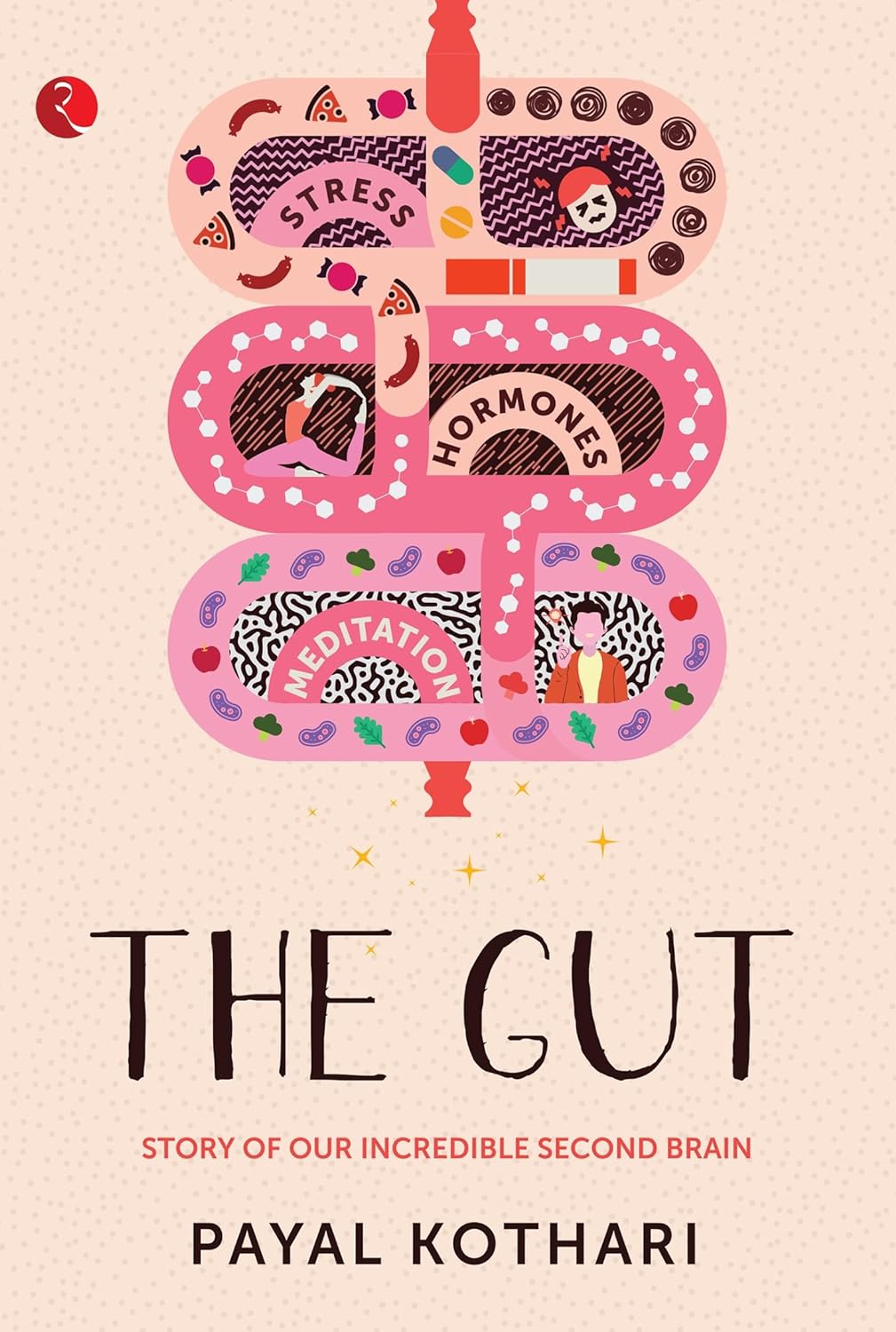During pregnancy, we're made very aware of something called Gestational Diabetes and may even be encouraged to keep a food journal and log eating habits while checking blood sugar levels throughout the day. For anyone diagnosed with GD, making sure you eat a balanced diet in postpartum is still important!
What is the Glycemic Index?
The glycemic index is a ranking system for carbohydrates based on their effect on blood glucose levels. Foods are rated on a scale from 0 to 100, where pure glucose is the benchmark at 100. High GI foods (70 and above) cause rapid spikes in blood sugar, while low GI foods (55 and below) lead to a slower, more gradual increase.
Why the Glycemic Index Matters Postpartum
During the postpartum season, your body undergoes numerous changes. Hormonal fluctuations, sleep deprivation, and the demands of caring for a newborn can all affect your blood sugar levels. Here’s why keeping an eye on the glycemic index is important:
Energy Stabilization: Consuming high GI foods can lead to quick spikes and crashes in blood sugar, resulting in fatigue and lethargy. Low GI foods provide a steady release of energy, helping you stay more energized throughout the day.
Mood Regulation: Blood sugar swings can influence your mood, leading to irritability and anxiety. Stabilizing your blood sugar with low GI foods can help maintain emotional balance and reduce mood swings.
Breastfeeding and Blood Sugar: For breastfeeding mothers, maintaining stable blood sugar levels is essential. Breastfeeding can deplete your glucose stores, so consuming low GI foods helps ensure a consistent source of energy for both you and your baby.
Simple Swaps to Incorporate Low GI Foods
Start Your Day with Protein-Rich Breakfasts: Starting your day with a protein-rich breakfast can prevent glucose spikes. For instance, opt for a bowl of egg yolk-enriched steel-cut oats topped with berries and chia seeds. This combination provides fiber, protein, fat, and antioxidants, helping to stabilize your blood sugar and provide sustained energy.
Pair Carbs with Fiber, Fat, and Protein: Combining carbohydrates with fiber, healthy fats, and protein slows down glucose absorption. For lunch, focus on a balanced meal like Sweet Potato Red Lentil Dal with Avocado or Ghee.
If you're curious to learn more about how we build our menu for optimal postpartum support, explore our Menu page!







